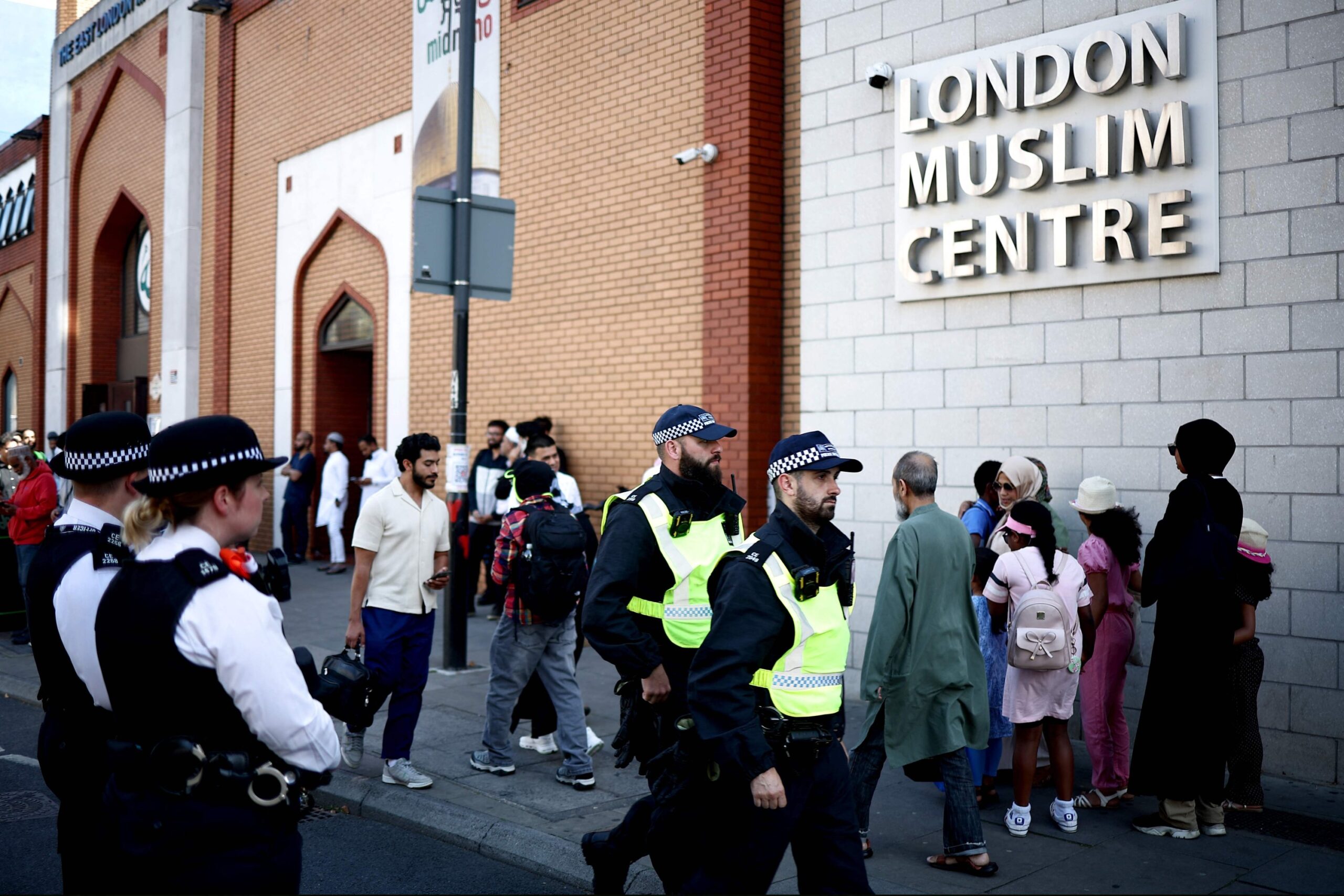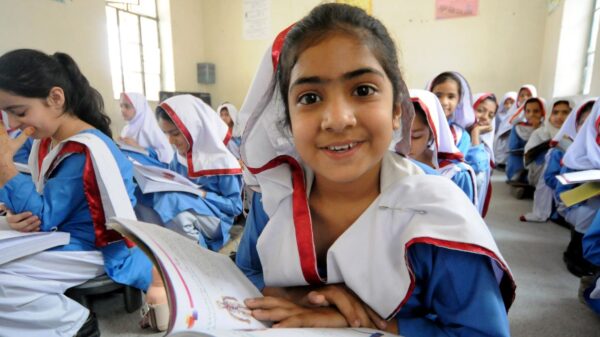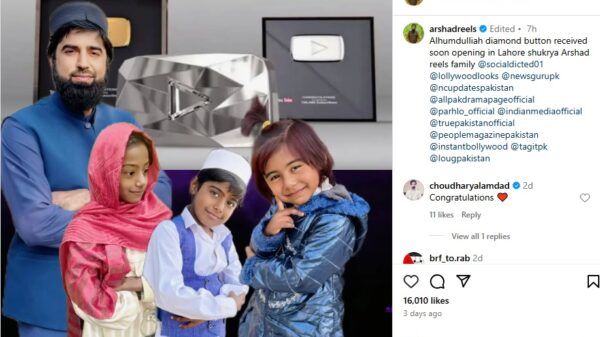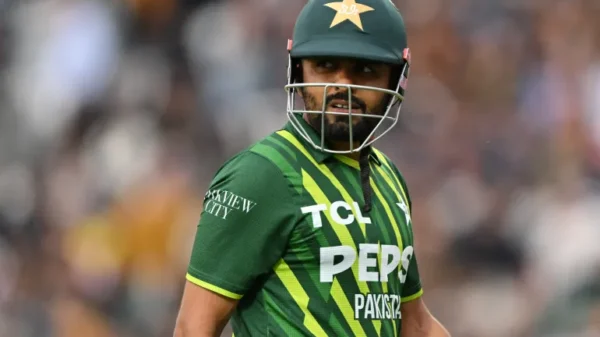Recent research from the Institute for the Impact of Faith in Life (IIFL) reveals that many British Muslims view their faith as deeply intertwined with their cultural heritage. According to a nationally representative survey conducted by Whitestone Insight, 60% of British Muslims believe their faith is connected to their cultural background. This figure rises to 68% among Exclusivist Muslims, who consider Islam the one true faith.
The research also highlights the diverse backgrounds of British Muslims. Among those surveyed, 39% identify as Pakistani, 14% as Bangladeshi, 10% as Black African, 9% as Arab, and 9% as Indian.
The survey found that British Muslims are particularly likely to let their faith influence their political decisions, with 51% stating that their faith will affect their voting choices in general elections. This is significantly higher than the 20% of Christians and 31% of Hindus who feel the same.
Further findings indicate that British Muslims are concerned about the negative portrayal of Muslims in the media. Many respondents criticized the media for presenting unflattering stereotypes that could contribute to anti-Muslim sentiment. Additionally, 71% of British Muslims believe that certain religions are portrayed more negatively than others in recent media coverage.
Rania Mohiuddin-Agir, a mixed-heritage Muslim and research associate for IIFL, commented on the findings, noting that in our globalized and interconnected world, aspects of identity like faith are closely tied to cultural heritage, community, and societal pressures. She emphasized the diversity within the British Muslim community, which means there is no single, uniform group. For instance, Muslims in the UK may celebrate Eid on different days depending on their cultural or national affiliations.
Mohiuddin-Agir also pointed out the significant impact of media portrayal on public perception. The high level of concern about media bias among British Muslims suggests a growing mistrust of mainstream media. This mistrust could lead to increased reliance on alternative sources like social media and informal networks, which are not subject to the same regulations and ethical standards as traditional media.
She concluded that this issue warrants further investigation to determine whether it represents a temporary reaction or a deeper, ongoing shift in how the British Muslim community engages with the media. Media organizations should take these insights seriously and work towards more inclusive and balanced coverage.










